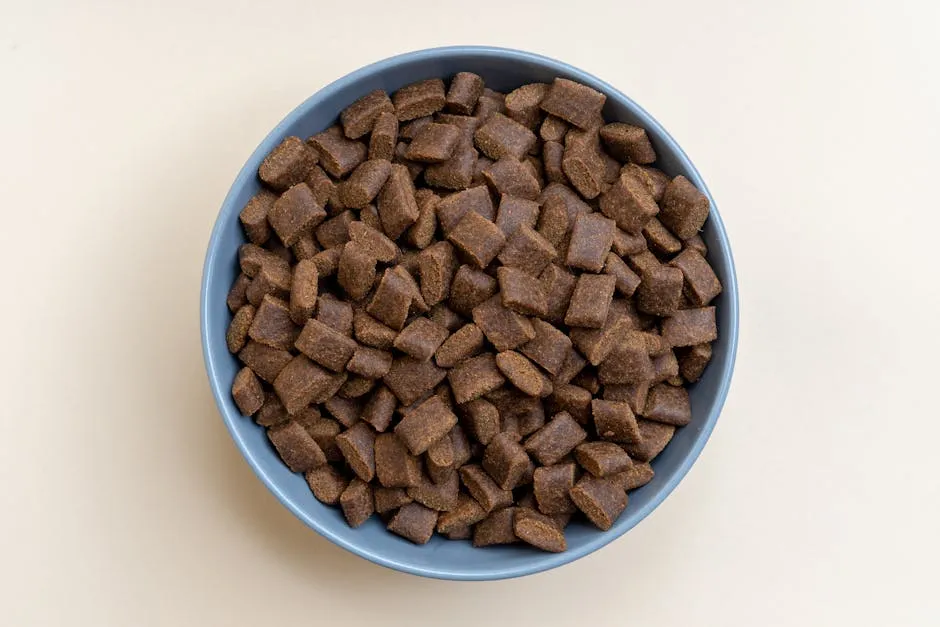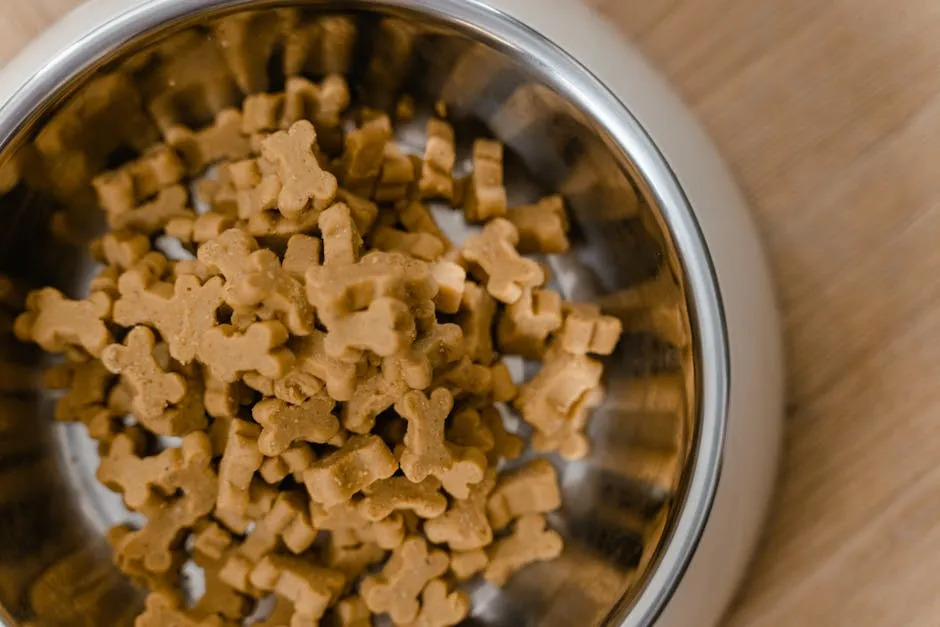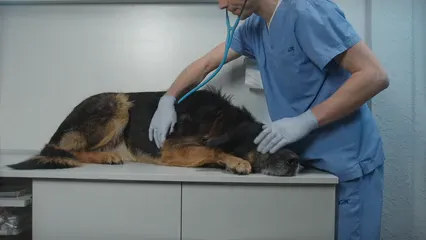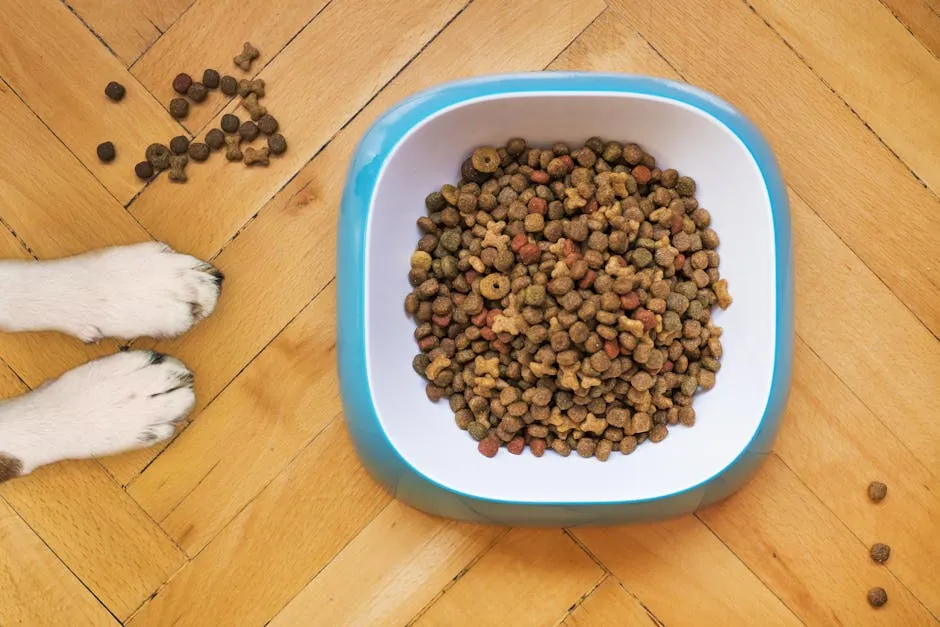Introduction
As a dog owner, you might wonder if spinach is safe for your furry friend. This leafy green is a staple in many human diets, known for its numerous health benefits. However, feeding spinach to dogs comes with some concerns. Let’s break down the nutritional profile of spinach and what dog owners should know.
Speaking of health, have you checked out some dog health books? They can provide valuable insights into your pup’s well-being and dietary needs.
Summary and Overview
Spinach can be a healthy treat for dogs but should only be given in moderation. This green vegetable is rich in various vitamins, including A, B, C, and K. It also contains essential minerals like iron and magnesium. However, it has a high oxalic acid content, which can interfere with calcium absorption, leading to potential kidney issues. Therefore, it’s crucial to consult your veterinarian before making spinach a regular part of your dog’s diet. Moderation is key, as excessive spinach can cause health problems.

And while you’re at it, consider some dog food with spinach to give your pup a taste of this nutritious green!
Can Dogs Eat Spinach?
Nutritional Benefits of Spinach
Spinach is a nutritional powerhouse, offering a range of vitamins and minerals beneficial for dogs. It is packed with vitamin A, which supports healthy vision and skin. Vitamin B aids in energy metabolism, while vitamin C boosts the immune system. Vitamin K plays a crucial role in blood clotting, and iron is vital for red blood cell production.
Additionally, spinach contains magnesium, which helps muscle and nerve function. The antioxidants found in spinach help combat free radicals, promoting overall health. Plus, the fiber content in spinach can contribute to better digestion. This leafy green can indeed be a healthy addition to your dog’s diet, provided it is served correctly.

If you’re interested in enhancing your dog’s nutrition even further, consider pairing spinach with dog vitamins and supplements for a complete health boost!
Potential Risks of Feeding Spinach to Dogs
Spinach is generally safe, but it has risks. One major concern is oxalic acid. This compound can hinder calcium absorption in the body. Over time, this can lead to kidney issues. If a dog consumes too much spinach, the oxalic acid may form calcium oxalate crystals. These crystals can lead to kidney stones, which are painful and can cause serious health problems.
Excessive spinach consumption can also lead to other health issues. Symptoms of overconsumption include vomiting, diarrhea, and weakness. If your dog shows these signs, it’s crucial to consult your veterinarian. They can provide guidance on how to address the situation. Always keep an eye on your dog’s spinach intake to avoid potential complications. Moderation is key to keeping your furry friend safe and healthy.

To complement your dog’s diet, consider some dog training treats that incorporate healthy ingredients!
How to Safely Feed Spinach to Dogs
Best Preparation Methods
To safely add spinach to your dog’s diet, proper preparation is essential. Start by washing the spinach thoroughly to remove any pesticides. Steaming is the best cooking method. This technique retains most nutrients while making the spinach easier to digest. Avoid boiling, as it can lead to nutrient loss.
Raw spinach can be difficult for dogs to digest. Chopping the cooked spinach into small pieces can further aid digestion. Remember, never add any toxic ingredients like onion or garlic. Additionally, avoid using salt or oil, as these can upset your dog’s stomach. Keeping it simple ensures that your dog enjoys the benefits of spinach without any harmful additives.

Recommended Serving Sizes
Serving sizes of spinach depend on your dog’s size. For extra-small dogs, like Chihuahuas, start with 1/4 teaspoon. Small dogs, such as Beagles, can have about 1/2 teaspoon. Medium dogs might enjoy 1 teaspoon, while larger breeds, like Labradors, can have 1/2 tablespoon. Extra-large dogs can safely eat up to 1 tablespoon.
Spinach should only be given as an occasional treat, not a regular part of their diet. Aim for a frequency of once or twice a week. This ensures your dog receives the nutritional benefits without the risks associated with overconsumption. Always consult your veterinarian for tailored advice based on your dog’s specific health needs.

And to make mealtime even more enjoyable, consider investing in some stylish dog bowls for feeding!
Special Considerations
Spinach for Puppies
Puppies should generally avoid spinach due to their developing kidneys. The high oxalate levels in spinach can hinder calcium absorption, posing risks for young pups. Their kidneys are still maturing and may struggle with excess oxalic acid. Instead of spinach, consider safe alternatives like sweet potatoes, carrots, or peas. These options provide essential nutrients without the risks associated with spinach. Always prioritize a balanced diet to support your puppy’s growth and development.

For those adorable puppies, don’t forget the importance of dog training clickers to make training fun and effective!
Dogs with Health Issues
Certain health conditions require caution with spinach. Dogs with kidney issues should avoid spinach due to its oxalic acid content, which can exacerbate kidney problems. Additionally, dogs prone to bladder stones may face complications from spinach consumption. It’s essential to consult your veterinarian if your dog has specific health concerns. They can provide tailored advice regarding dietary choices and whether spinach is appropriate for your pet’s condition.

Alternatives to Spinach
If you’re looking for safe vegetables for your dog, consider options like carrots, green beans, and broccoli. These vegetables are nutritious and generally well-tolerated by dogs. Carrots are great for dental health, while green beans can aid in weight management. Variety in a dog’s diet is crucial for overall health. Mixing different vegetables can provide a broader range of nutrients and keep mealtime interesting for your furry friend. Always introduce new foods gradually to monitor for any adverse reactions.

For those interested in creative recipes, a dog-friendly vegetable cookbook could be your next best friend!
For a comprehensive guide on feeding dogs carrots, check out this article on can dogs eat carrots.
Conclusion
In summary, spinach offers some nutritional benefits for dogs, including vitamins A, C, and K, along with iron. However, it also contains oxalic acid, which can interfere with calcium absorption and lead to kidney issues. Therefore, moderation is crucial when adding spinach to your dog’s diet. Always consult your veterinarian before introducing new foods. This ensures you are making safe choices for your furry friend. Remember, a balanced diet is key to your dog’s overall health, and treats like spinach should only be occasional additions.

Also, don’t forget to keep your pup’s teeth in check with dog dental chews to maintain their oral health!
FAQs
Is spinach toxic to dogs?
Spinach is not toxic to dogs. However, its high oxalic acid content can pose risks if consumed in large amounts. This compound may hinder calcium absorption and lead to kidney issues over time.
Can dogs eat raw spinach?
Dogs can eat raw spinach, but it may be hard for them to digest. Cooking spinach helps break down its fibers, making it easier for your dog to absorb its nutrients.
What are the signs of spinach toxicity in dogs?
Signs of spinach toxicity include vomiting, diarrhea, and weakness. If your dog consumes too much spinach, watch for these symptoms and consult your veterinarian immediately.
How often can I feed my dog spinach?
Spinach can be given as an occasional treat, about once or twice a week, depending on your dog’s size. Make sure the portion is small, tailored to their dietary needs.
Are there any vegetables dogs should avoid?
Yes, dogs should avoid toxic vegetables like onions, garlic, and mushrooms. These can cause serious health issues, so it’s best to stick with safe options like carrots and green beans.
Please let us know what you think about our content by leaving a comment down below!
Thank you for reading till here 🙂
For more information on the health benefits of broccoli for dogs, check out our article on can dogs eat broccoli.
All images from Pexels





